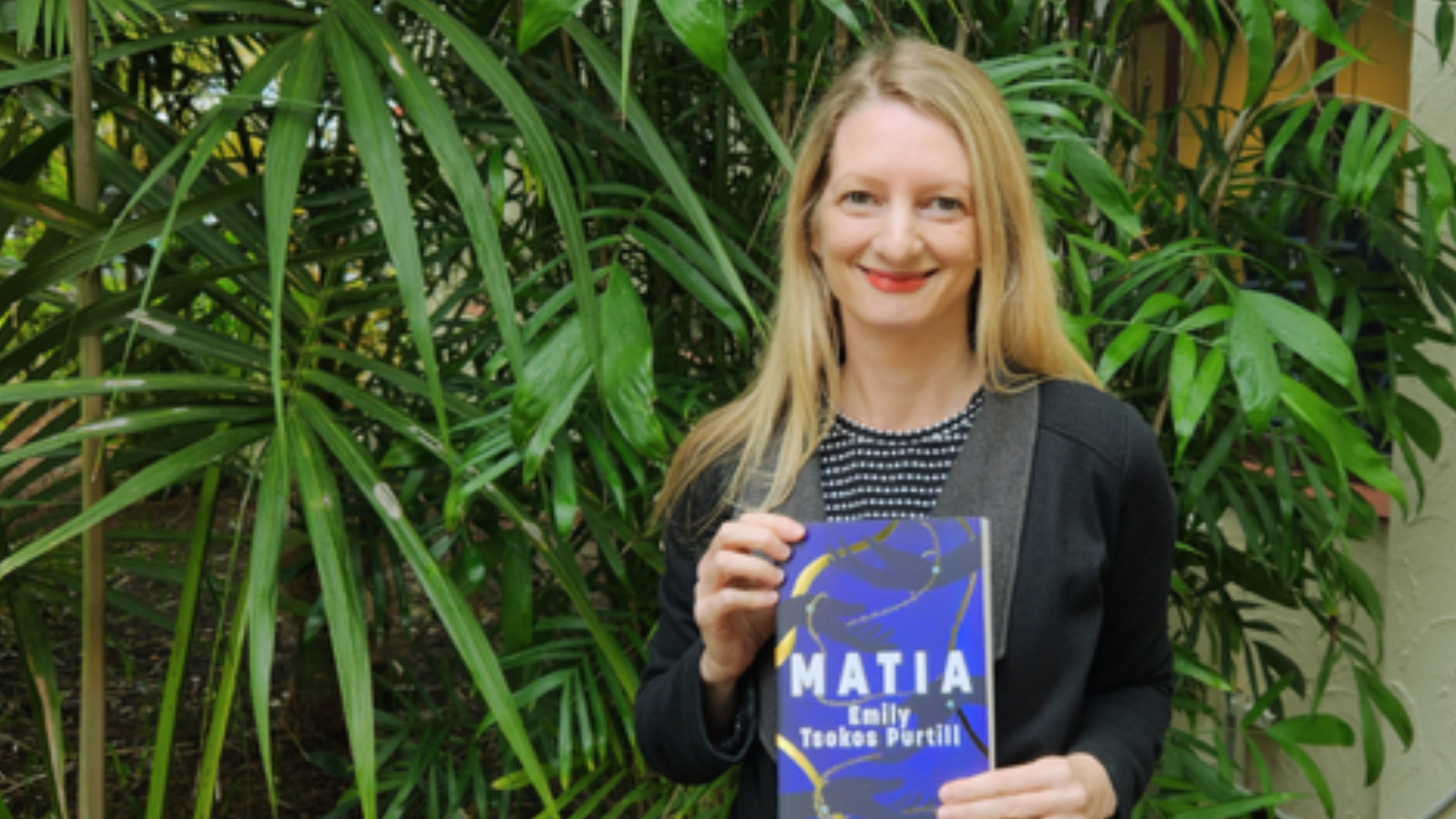The Greek Herald spoke with Emily Tsokos Purtill on the release of her new fiction novel, Matia, a multi-generational novel that connects four Greek Australian women from the same family across continents and time.
Matia follows Sia as she emigrates from Greece to Perth in 1945, and her daughter Koula, her grand-daughter Athena and her great grand-daughter Clara grow up in Australia. The third-generation woman is at a “wavering point” with her heritage, and the daughter grows up in New York, without any “Greekness” around her.
“Is she Greek? Is she Greek at all?” Emily asks rhetorically, while posing the question to Greek Australian women today who may feel the same way.
The Perth-born Western Australian writer of Greek heritage debuted her novel on October 10. Emily’s father’s family was from the island of Evia, and her mother’s family was from Kastellorizo and Rhodes.
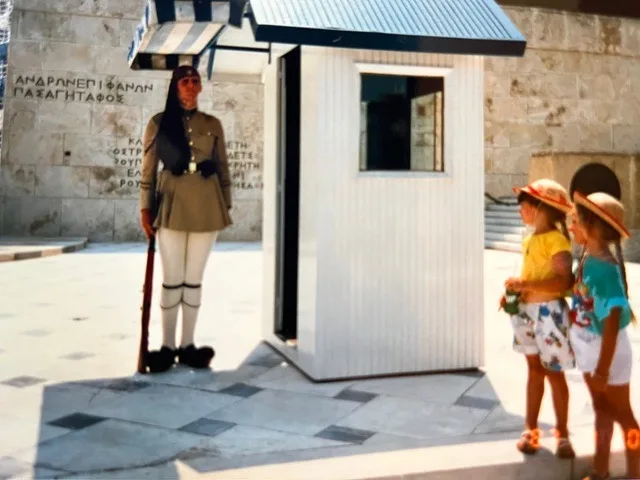
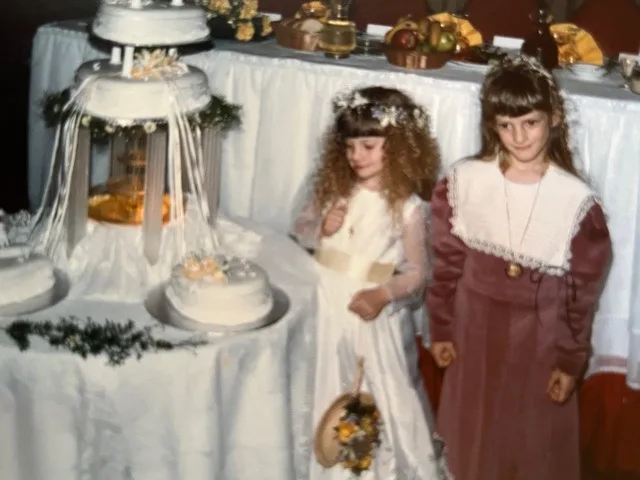
“I grew up in a Greek Australian family, and I was always fascinated by the traditions and the food and the women. I feel like it was a really rich environment,” she says about growing up with Greek heritage in Perth.
“It was interesting be a grandchild of Greek immigrants, and to feel this difference in between the generations. It got me thinking, how long do we sort of stay Greek for?”
Emily says as child through to adulthood, she also observed how the women in her life had often led very different lives to the men.
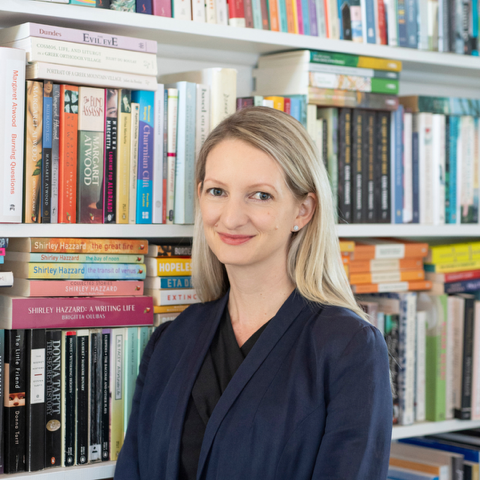
“I felt the impact they had on me was very positive, but I was always very aware that in my life, I had incredible privilege that they had not enjoyed,” she explains.
Emily says she bought her observations into the fiction novel, which highlights inequality and cultural expectations throughout the generations; inequality she believes is still prevalent for women in Australia today although in different ways.
“Arranged marriages were a massive thing for so many years, and there wasn’t this idea of free will or choice. I’ve also written a little bit in the novel about the bride ships that came to Australia from Greece. The women had absolutely zero control or say over what happened to them or who they were married to, or who they were sent to,” she says.
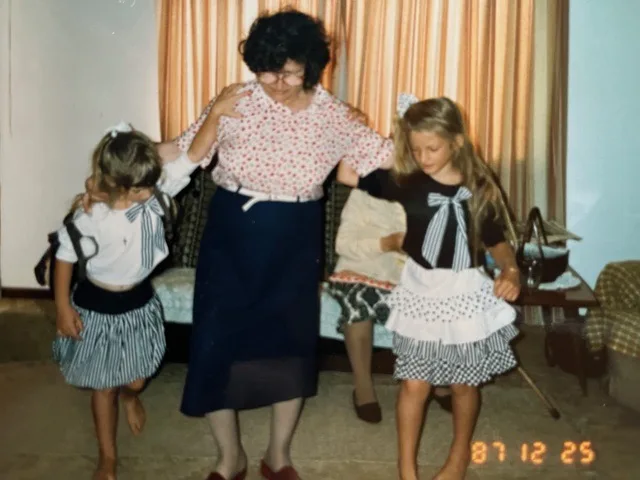
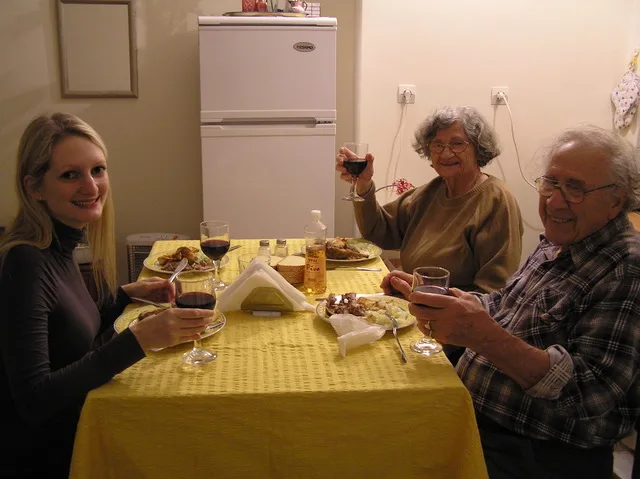
“A lot of these women, they’ve grown up in very small villages, then they are going on a ship to Australia, this completely foreign place where they didn’t speak the language and married to a man they’d never met before.
“I read so much Australian fiction, and for the older women, or generations of Greek Australian women, I didn’t see their stories told anywhere.
“I don’t want them to be forgotten. I wanted to make sure there was a book that had them—that had characters that weren’t stereotypes to became part of Australian literature.

“Your story doesn’t start when you move to Australia. The only people that can say that are the Indigenous Australians. Everybody else’s story started before then, in some other place. And that’s what’s so interesting about Australia.”
Emily says the two-and-a-half years she spent living abroad as a child in the United Kingdom gave her insight into “British Australia” and the influence on Australian society. For the first time living outside of Perth in her primary school years, she understood the idea of “White Australia.”
Emily’s life and career also exposed her to other cultures, which she has drawn upon to create the lives of the characters in her book. She has lived in Shrewsbury, London, Vancouver, Paris and New York.
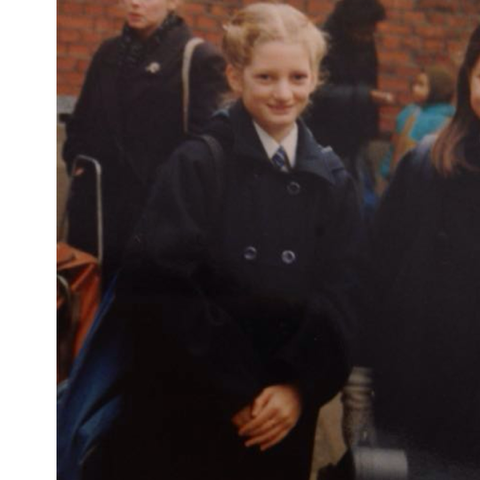
Before becoming an author, Emily pursued a career in law, and practiced in Perth and Paris, where she lived with her husband.
“I was a lawyer for a really long time, and I did what everyone thinks they should do if you’re good at humanities, you go down the law path,” she says.
“But I always felt I’m going to be a writer and write a book. I’d written some stories, some fiction, when I was a teenager, and I won some prizes, but I didn’t see how I could be a writer. I didn’t really see how I could do it properly.”
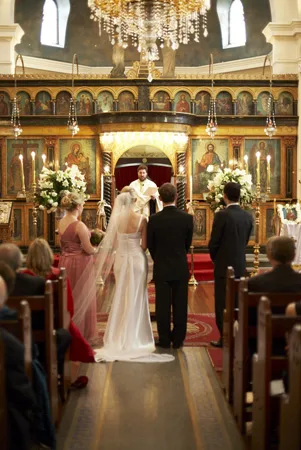
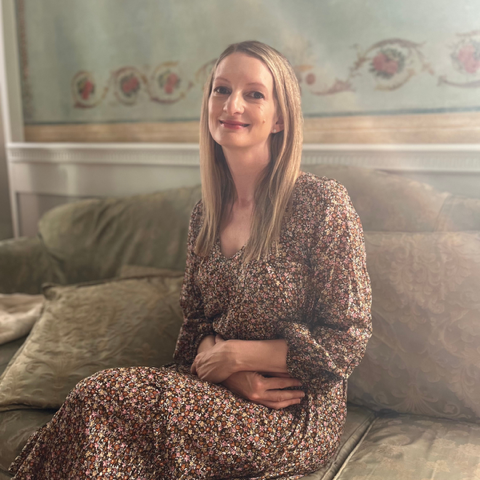
Emily continued writing and keeping journals, as story ideas came to mind.
“I was living in New York, and I had two young children at the time, and I was thinking about all these images in my head of the Greek food and of the traditions and different women at different points in their lives,” she says.
“I did have some other books, other manuscripts, that I wrote—they didn’t go anywhere. I tried really hard, and a couple of times with a different manuscript, and I was pretty close. But then I kept coming back to this story [Matia].”
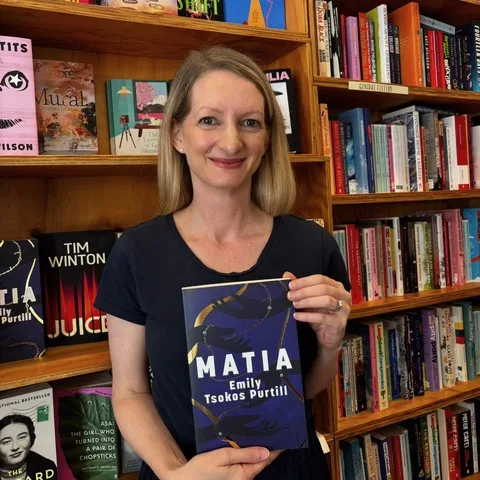
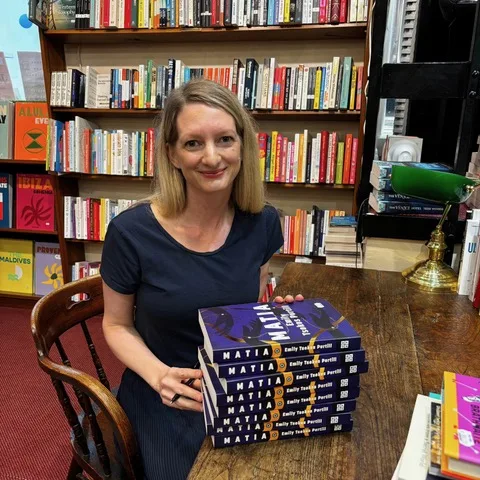
Now in her 40s, Emily says she was eager to write her novel on the life of a Greek woman migrating to Australia, and the Greek Australian generations which followed, as a contribution to the Australian literature landscape.
Emily says she was overjoyed when UWA Publishing chose to publish her book, as she felt it was the best story of hers so far.
Matia graciously weaves together a story of generations by moving back and forth through time and characters. An underlying theme throughout the novel is the question of identity for women born in Australia with Greek heritage.
“Hopefully, it really resonates with people,” she concludes.
